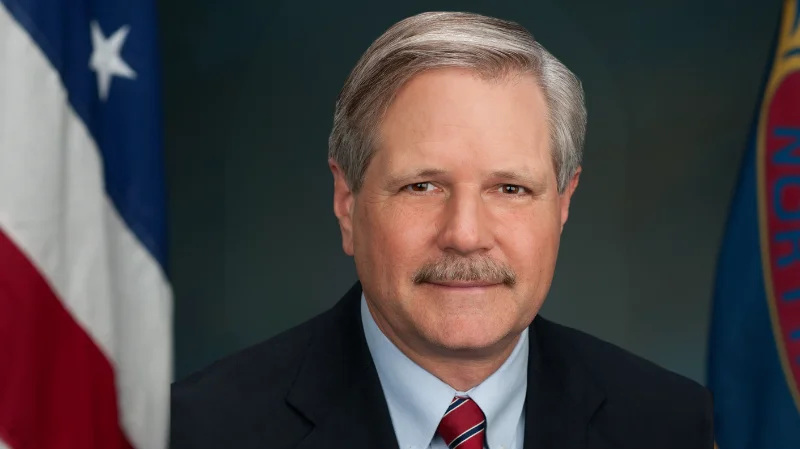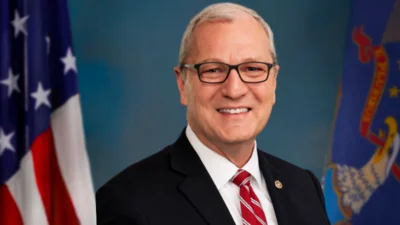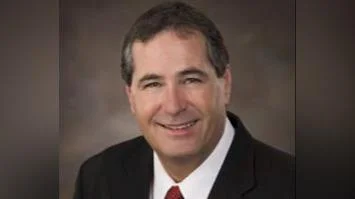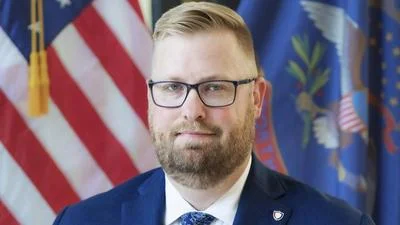Senator John Hoeven, U.S. Senator of North Dakota | Senator John Hoeven Official website
Senator John Hoeven, U.S. Senator of North Dakota | Senator John Hoeven Official website
Senator John Hoeven met with U.S. Forest Service Chief Tom Schultz, grazing groups, and energy producers in Dickinson, North Dakota. The meeting focused on the use of U.S. Forest Service (USFS) lands for multiple purposes such as grazing and energy production.
Hoeven emphasized the importance of section line rights-of-way for ranchers to access their cattle in the Little Missouri National Grasslands. He also noted that the Dakota Prairie Grasslands is located above one of the largest oil-producing fields in the country. Hoeven said regulatory certainty is needed for oil wells and related infrastructure on these grasslands to support domestic energy production.
During the discussions, Schultz agreed to work with North Dakota Agriculture Commissioner Doug Goehring, counties, local grazing associations, and the North Dakota Petroleum Council while updating the Little Missouri National Grassland Travel Management Plan.
Hoeven addressed management issues on USFS lands by referencing previous efforts with USFS Deputy Chief Chris French to combat noxious weeds in the Dakota Prairie Grasslands. So far, $3 million has been allocated to local grazing groups for weed control initiatives.
The senator has also included provisions in next year’s Senate Interior appropriations legislation urging USFS to revise its 2018 Prairie Dog Management Plan. The goal is to limit prairie dog habitats to no more than 1.5% of federal land within any grazing allotment.
Additionally, Hoeven discussed ongoing efforts to reclaim orphaned oil wells for beneficial uses like converting them into freshwater wells for livestock and other needs such as drought relief and fire suppression. Funding was secured by Hoeven to help cap and reclaim these wells, and following his advocacy, USFS began approving conversions of oil wells into freshwater sources for cattle in the area.
“The Forest Service manages more than one million acres of grasslands in North Dakota. The presence of these federal lands has a real impact on communities and local industries, including our livestock and energy producers,” said Hoeven. “That’s why we worked to bring USFS Chief Schultz to North Dakota to hear directly from our ranchers, oil and gas producers and local officials. We appreciate him taking the time and working with us to address critical issues on the national grasslands. This includes improving access under the updated Travel Management Plan, better managing weeds and prairie dogs and continuing the partnership with the state for reclaiming oil wells as freshwater wells, which will benefit a range of needs in the region, including for cattle producers.”






 Alerts Sign-up
Alerts Sign-up